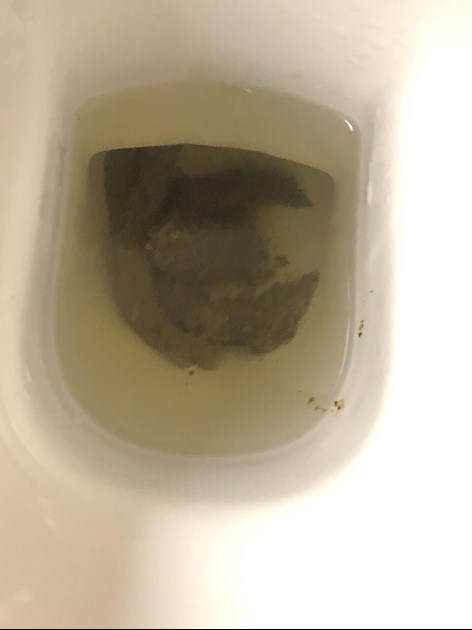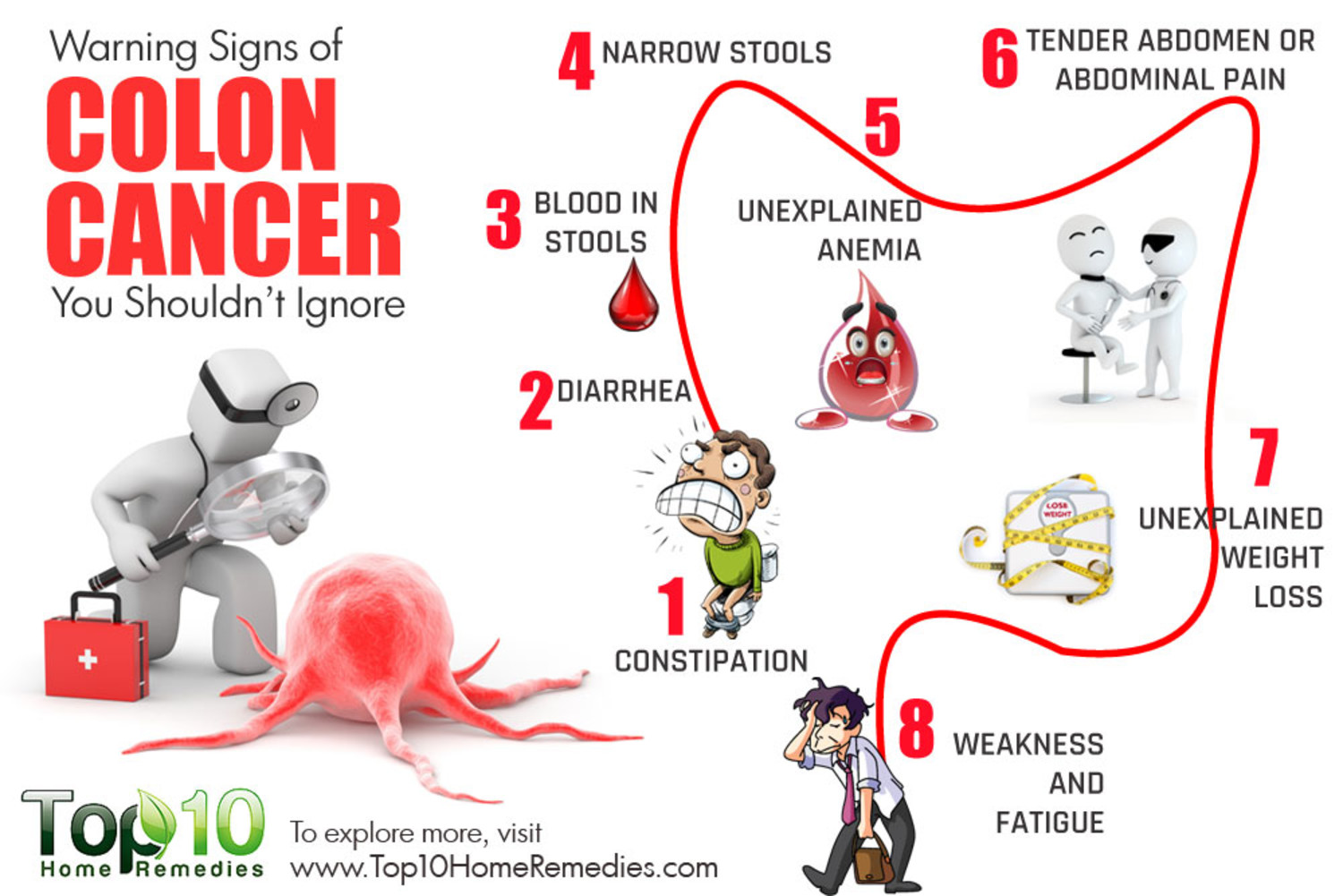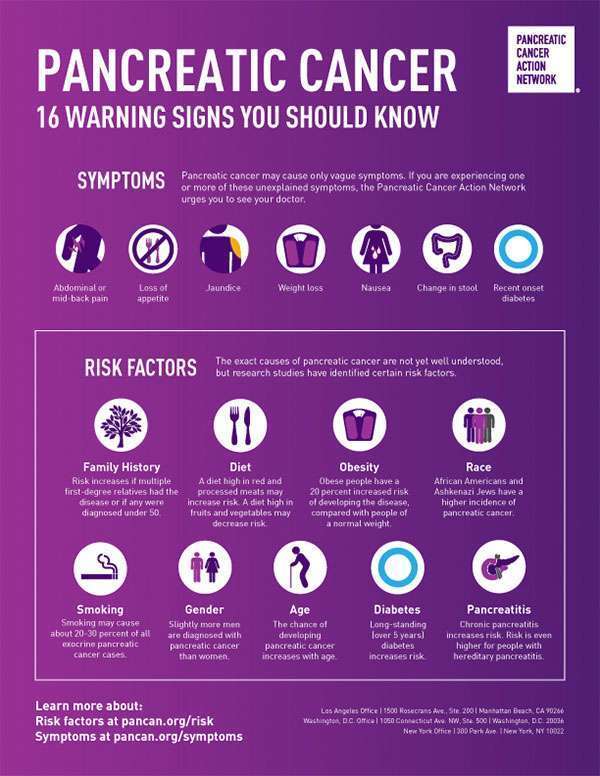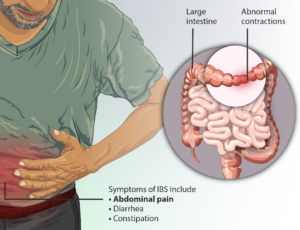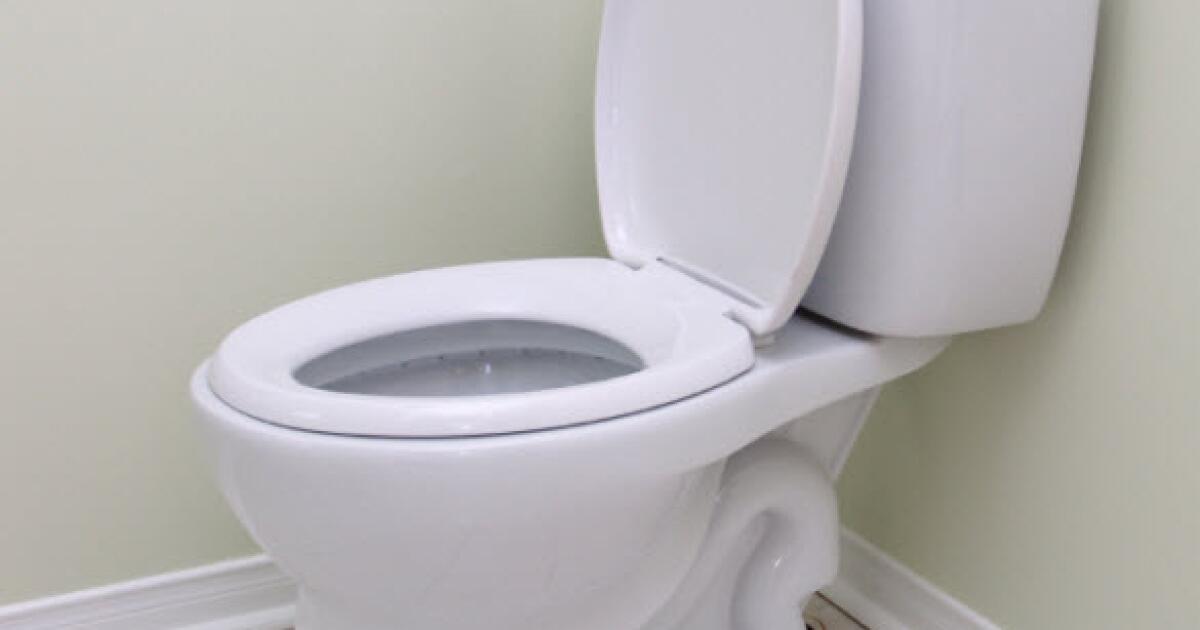However in some cases narrow stools especially if pencil thin may be a sign of narrowing or obstruction of the colon due to colon cancer.
Symptoms of colon cancer narrow stools.
Colon cancer is a growth of abnormal cells in the colon which multiply causing cancerous tumors.
If colorectal cancer is the cause of your narrow stool you might have these other symptoms.
Now comes the good part.
Both colon cancer and hemorrhoids can cause rectal bleeding blood in stool and the feeling that you have not completed a bowel movement.
Blood within the colon can cause patients with colon cancer to produce bloody stools 5.
Check out the treatments for narrow stools.
We talked about narrow stools and how they could be deadly.
Thin or narrow stools often described as ribbon or pencil like may also be a sign of colon cancer in an otherwise healthy person thin stools may be caused by a narrowing of the colon also called a partial blockage of the colon due to colon cancer.
Narrow stools that occur infrequently probably are harmless.
Blood in or on your stool changes in your poop habits like diarrhea constipation or bowel.
Most people feel that thin stool means colon cancer but it is not true.
Internal external and ruptured hemorrhoids are swollen blood vessels and painful inflammation near the anus.
If your thin or narrow stools have you fearing colon cancer there are other causes of narrow thin stools besides cancer of the colon.
Colon cancer is sometimes called colorectal cancer which is a term that combines colon cancer and rectal cancer which begins in the rectum.
Change in stool shape.
If colon cancer develops many treatments are available to help control it including surgery radiation therapy and drug treatments such as chemotherapy targeted therapy and immunotherapy.
This would help you to get relief from the symptoms.
The production of narrow stools may also occur in conjunction with abdominal pain cramping or gas.
However there is a fix for the minor health issues.
Cancer cells can irritate the sensitive lining of the intestinal tract causing red blood cells to enter the contents of the bowel.


